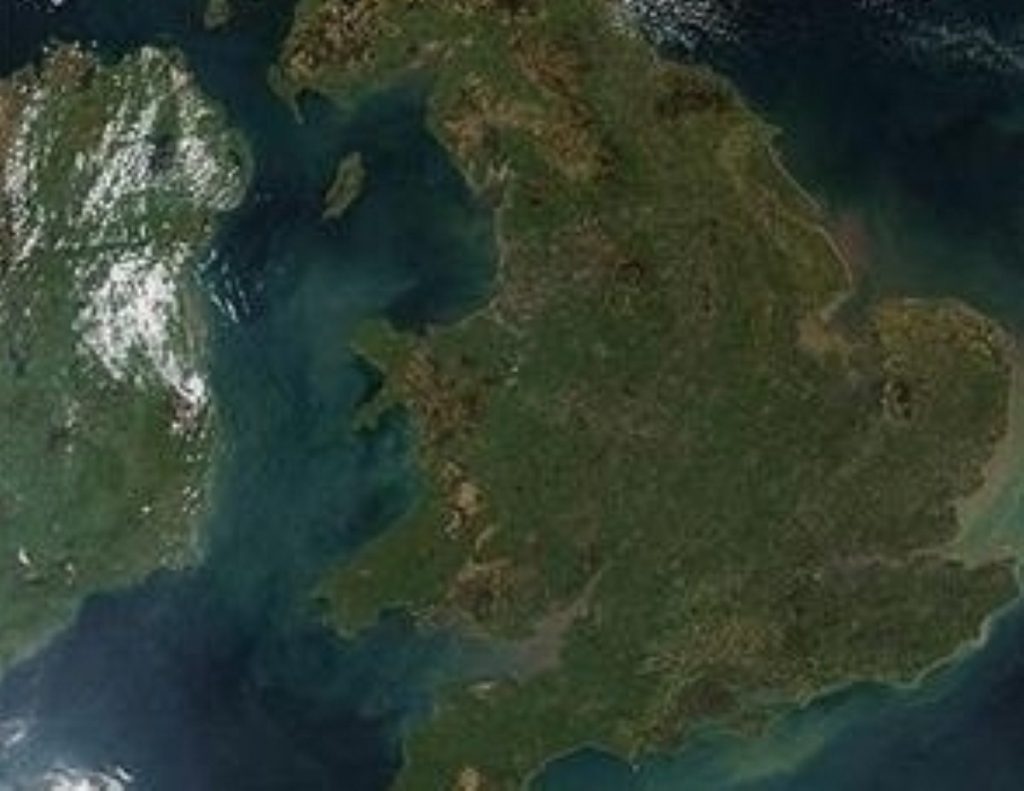Cameron to defend ‘great power’ Britain
David Cameron will insist Britain remains a “great economic power” which has an enviable military and is not in decline in a major speech later.
He will tell the lord mayor’s banquet, where the prime minister traditionally gives a speech on foreign policy, that the UK will pursue an approach to the rest of the world based on “hard-headed internationalism” which will “focus like a laser” on defending Britain’s national interest.
Mr Cameron will boast of the City’s strong presence in the financial world to back up his economic great power claim.


He is set to argue that the spending cuts programme for which his administration is most well-known abroad is boosting Britain’s foreign policy overseas.
“Economic strength will restore our respect in the world and our national self confidence,” Mr Cameron is expected to say.
“So the faster we can get our domestic house in order, the more substantial and credible our international impact is going to be.”
The prime minister will cite Britain’s large expatriate communities, the cultural impact of the BBC and even Greenwich Mean Time as he bids to talk up Britain’s role in the world.
He will say Britain’s armed forces are well-respected for being “among the most effective and professional in the business” and point out the UK is the second-largest contributor to the Nato-led force in Afghanistan.
“The hard power of our military continues to be backed by the fourth largest military budget in the world,” Mr Cameron will add.
“In terms of our role in the world, the truth is that many other countries would envy the cards we hold.”
Mr Cameron’s Conservative party were repeatedly accused of talking down the economy by his predecessor in No 10, Gordon Brown. Now he is prime minister he will insist that Britain remains a major player on the world stage.
“Few countries on earth have this powerful combination of assets,” he will conclude.
“Even fewer have the ability to make best use of them.
“What I have seen in my first six months as prime minister is a Britain at the centre of all the big discussions. Producing the ideas. Consulted for our experience and respected for the skills we bring and our capacity to find solutions. So I reject the thesis of decline.”

